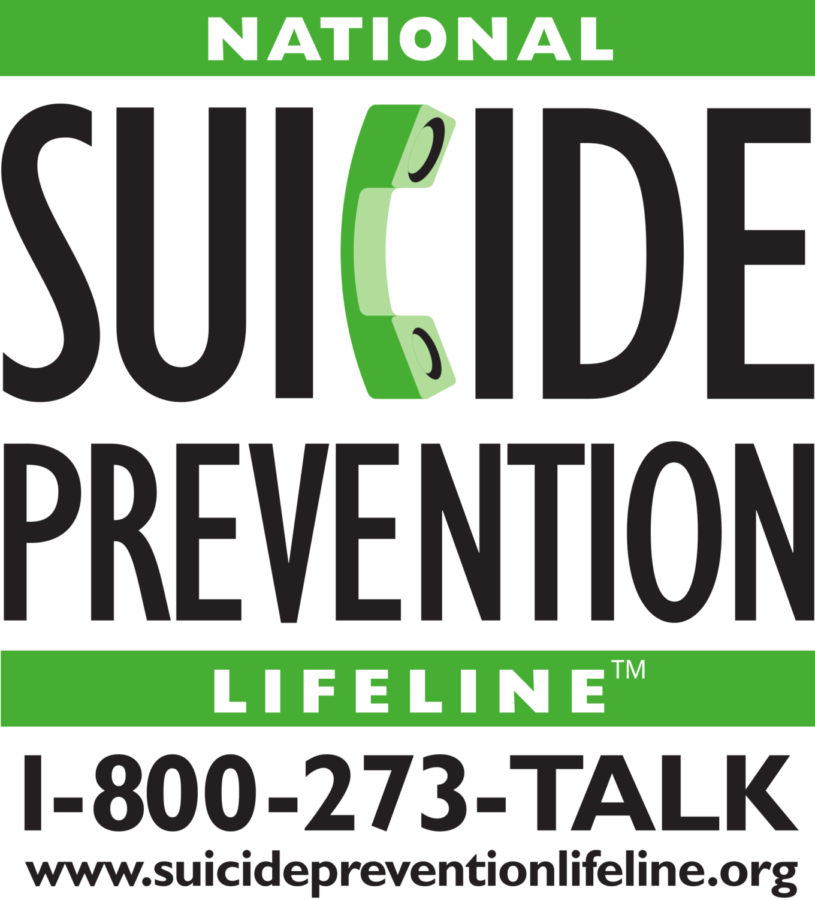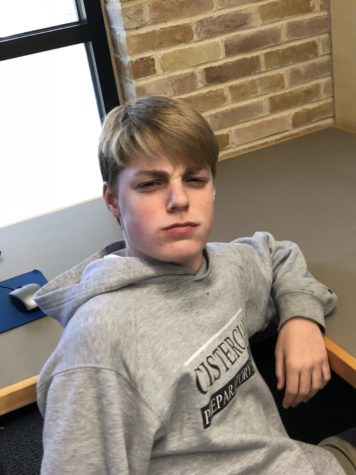1-800-273-8255 by Logic
October 13, 2017
Pop music lacks many things: good messages, singers who aren’t addicted to a variety of drugs, and lyrics appropriate for people under 15. However, one thing it does not lack is variety. Songs on top of the charts are all generally different. Some have just plain terrible messages, some (rarely) have good messages, and some have no message at all. Then there are the rare songs which try to have good messages but fail and end up making the problem they’re dealing with worse. A currently popular song, 1-800-273-8255 by rapper Logic featuring Alessia Cara and Khalid, exemplifies the qualities of this last category.
The song tries to tackle depression and suicide, attempting to tell depressed people that they aren’t alone, that they are valuable members of society who shouldn’t kill themselves. However, the song does not get even close to this ambition, and probably would only push a depressed person into a darker place. It starts out with two choruses and a verse by Logic, who, in very clear words, puts words into a depressed person’s head, with the first chorus of “I don’t wanna be alive, I just wanna die.” The song then continues with the depressed person the song focuses on calling a suicide hotline and the phone is answered by Alessia Cara, who sings an emotional, poetic verse about why the character shouldn’t kill himself. However, this poeticism clashes terribly with the plain clearness of the first verse, so that when the final chorus hits (“I finally wanna be alive”) the listener is left wondering what exactly was said that caused the character to change his mind. His change of heart is too sudden, with only one verse separating “I don’t wanna be alive” from “I finally wanna be alive.” The word finally implies a long time, which the song does not show at all.
1-800-273-8255 tries to tackle a topic it doesn’t even come close to scratching the surface of. In fact, it may have done more harm than good. The song portrays a depressed person as the same thing as a suicidal person, but the two are completely different. The vast majority of teenagers are depressed to a certain degree for at least a short time, but that does not mean that all teenagers are suicidal. The song may cause teenagers to jump to conclusions that they really should kill themselves when they are only slightly depressed.
All in all, the song is catchy, but should not be listened to with the measure of seriousness the song asks for.

